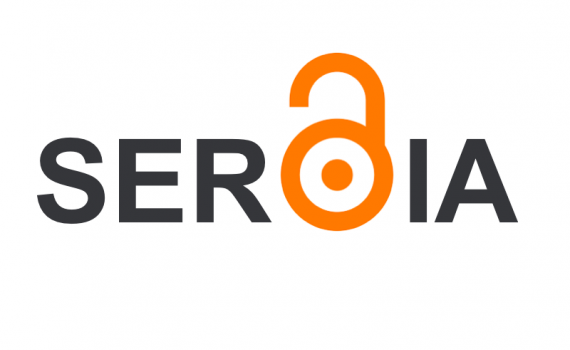
The Ministry of Science, Technological Development and Innovation of Serbia has adopted a new national open science (OS) policy – the Open Science Platform 2.0 – that applies to all Serbian publicly-funded research projects and programmes.
EIFL welcomes the adoption of the policy, which significantly expands the scope of OS efforts in Serbia, and updates the country’s first national OS policy, which was adopted in 2018.
In addition to mandating open access (OA) for publicly funded research, the new policy states that universities and research institutes must update their institutional OS policies within six months to comply with the national policy.
The policy emphasizes five key goals: (1) OA to scholarly publications; (2) availability of research data; (3) open and transparent access to research infrastructures; (4) transparency of scholarly communication and methodology, including the availability of software source code, design documentation of research hardware and other digital objects used in the analysis of research data, and (5) the development of the digital infrastructure and competencies that make it possible to achieve the goals of the policy.
The Open Science Platform 2.0 was drafted by the Team for Open Science in Serbia (TONuS), a dedicated task force established by the Ministry, including more than 30 researchers, policy makers, funders and librarians. Compliance with the policy will be monitored using indicators that will be developed by TONuS.
THE MAIN ELEMENTS OF THE POLICY
- Mandatory OA to all publicly funded publications (including journal articles, monographs, book chapters, conference papers, and PhD theses) upon publication. Embargo periods of up to three months for natural and medical sciences and engineering, and six months for social sciences and humanities may be allowed.
- When signing publishing agreements, authors should retain the intellectual property rights necessary to enable depositing in repositories and providing OA.
- Publication fees in OA journals, monographs, conference proceedings and edited volumes are eligible only if planned in the research project or programme budget and if the publication venue has transparent editorial policies. Publication fees charged by hybrid OA publication venues, which include a mixture of OA and subscription-based articles, are not eligible for funding.
- The Ministry supports the Diamond OA publishing model, where neither authors nor readers pay fees, by recommending that authors publish their research in Diamond OA journals whenever possible and by providing subsidies only to Diamond OA journals.
- Publicly-subsidized journals, monographs and conference proceedings must follow open licensing policies.
- Research data resulting from publicly funded projects must be managed according to the FAIR principles (FAIR stands for Findable, Accessible, Interoperable and Reusable) and archived in FAIR-compliant repositories. Data management plans are mandatory for publicly-funded projects and programmes.
- OA to research data underlying publications is required unless legal, ethical, or contractual restrictions apply.
- The policy recommends making software source code and research hardware design documentation created through public funding openly accessible, human- and machine-readable, and licensed under open licences.
- Research infrastructures should be transparently available to researchers, with institutions ensuring clear access policies.
- Persistent identifiers (PIDs) are required for researchers (ORCID) and publications (DOI). The use of PIDs for all research outputs, instruments, and projects is recommended.
- Developing OS skills is encouraged through academic programmes, professional training and the establishment of national competency centres.
- Institutions are encouraged to introduce incentives and rewards for OS practices.
SHARE / PRINT









